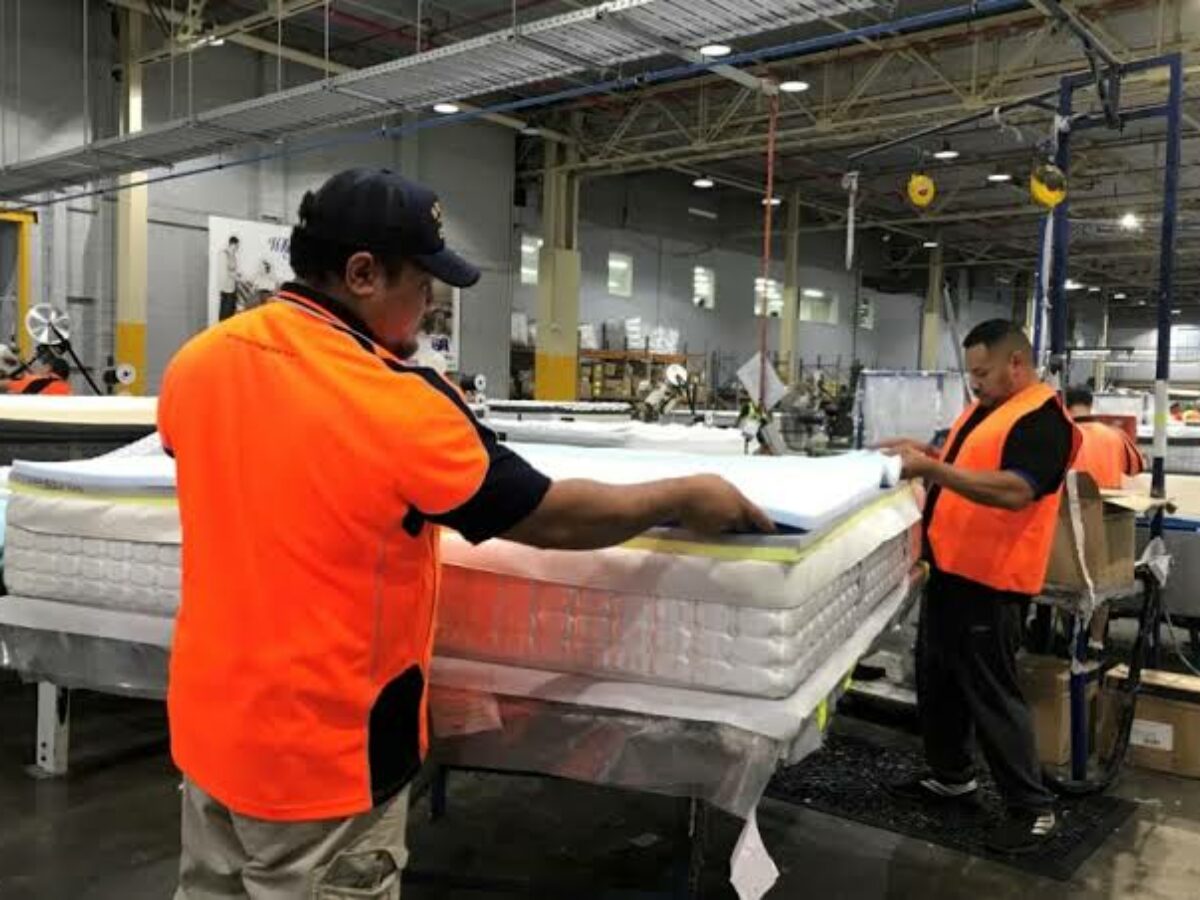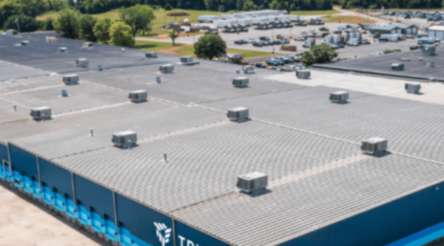On just and sustainable terms: new research highlights importance of manufacturing in a changing world

Research by Western Sydney University and the University of Newcastle, studying ten companies within NSW, has considered the future of manufacturing and its role in addressing “challenges of growing inequality, social exclusion and environmental degradation.”
The Beyond Business As Usual report was led by economic geographer Professor Katherine Gibson of WSU, and was based on three years of in-depth research with A.H. Beard, Interface, NCMC (Northern Co-operative Meat Company Ltd), Norco, OzGroup, Sebel Furniture, Soft Landing, The Social Outfit, Varley Group and WorkVentures.
“Our research has found convincing evidence that a successful future is possible for Australian manufacturing when shaped by a culture that maintains a firm’s viability while providing decent jobs in an inclusive society, and producing with a smaller ecological footprint,” said Gibson in a statement.
“This manufacturing culture is making a vital contribution to Australia but it is not well-known or publicly visible,’ she says. ‘Policy must change to strengthen and support this just and sustainable approach.”
Manufacturing contributed to social inclusion through well-paying, skilled jobs, and would be important in addressing environmental challenges – for example through new energy technologies – and would be an enabler in meeting the UN’s 17 Sustainable Development Goals.
The report can be viewed at this link.
Picture: Workers at AH Beard (ABC News)
Recommendations from the report are below (source here)
- Increase the profile of just and sustainable manufacturers through education and certification programs.
- Provide employment opportunities for people from diverse backgrounds through the development of partnerships with social enterprises and organisations who support them.
- Encourage the creation of high-quality, durable and environmentally-responsible products through customer education and the development of guidelines, standards and full cost accounting methods for product design and production processes.
- Undertake research and development into technologies for waste recycling or reuse and incorporate new technologies to facilitate the tracking of products throughout their lifecycle.
- Develop incentives for voluntary and industry-led stewardship schemes and introduce levies on products to cover the cost of responsible waste management at end of life.
Subscribe to our free @AuManufacturing newsletter here.
Topics Manufacturing News
@aumanufacturing Sections
Analysis and Commentary Awards Defence Manufacturing News Podcast Technology Videos










